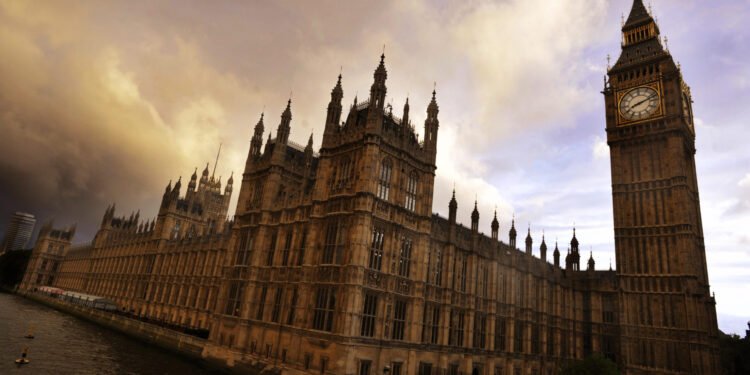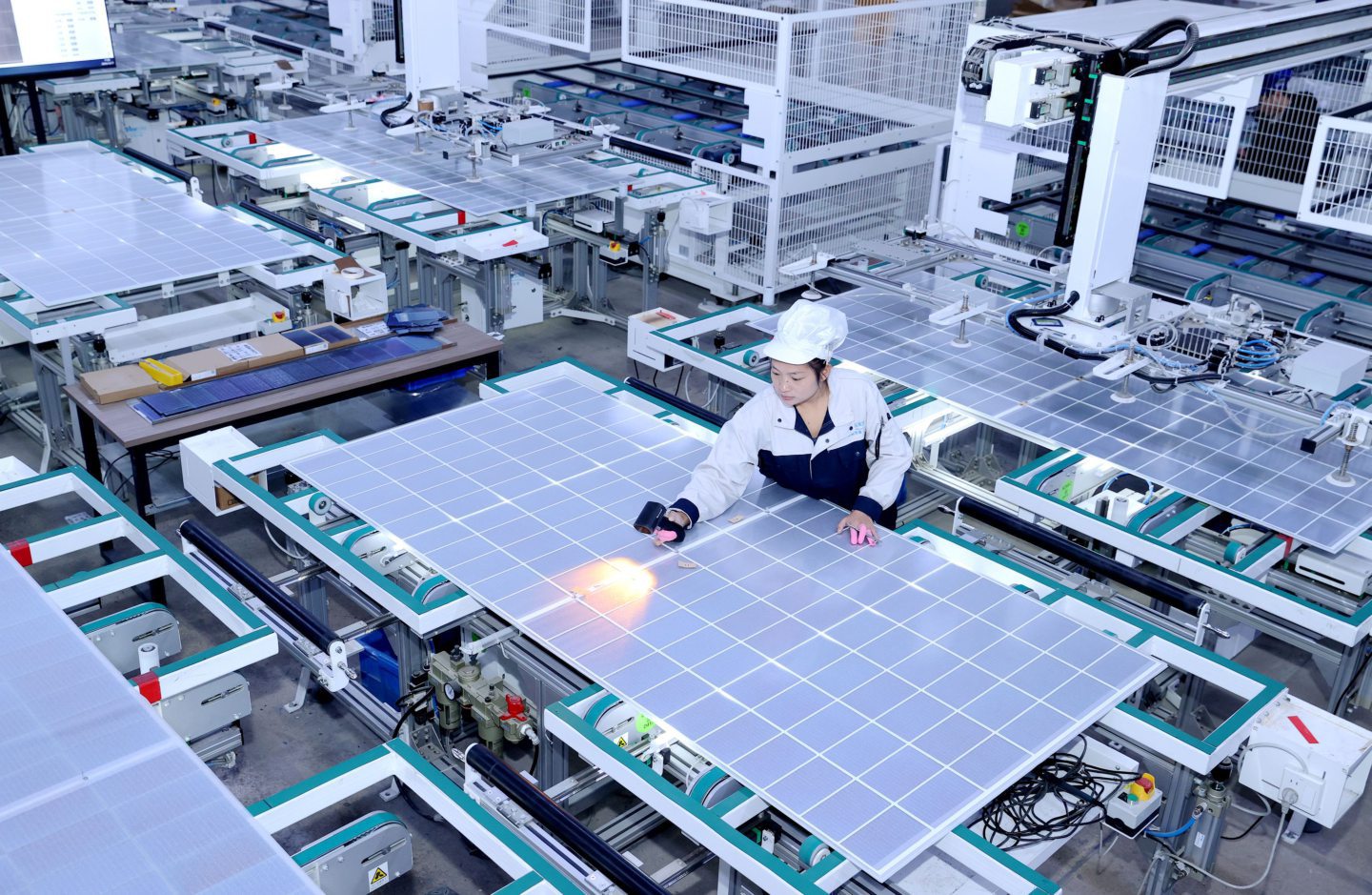The Government will be “guilty of increasing slavery” if it does not tackle exploitation in the supply chains of green energy, MPs have warned.
Energy Minister Michael Shanks sought to assure members Great British Energy will tackle modern slavery “head on”, as they voted down a Lords amendment to the GB Energy Bill.
The Bill would establish a state-owned limited firm, backed with £8.3 billion of public cash, that would be tasked with investing in and developing clean energy projects.
The House of Lords amended the Bill to prevent ministers from providing financial assistance to GB Energy if there is credible evidence of modern slavery in the company’s supply chains but MPs voted 314 to 198, majority 116, to overturn the change.
The division list showed no Labour MPs rebelled by voting against the Government motion to ditch the Lords amendment, but some of those who took part in the debate were listed as not recording a vote.
They included Marie Rimmer (St Helens South and Whiston) and Rachael Maskell (York Central), who were seen chatting to Government chief whip Sir Alan Campbell as the vote took place.
Conservative former leader Sir Iain Duncan Smith, who is one of a number of MPs sanctioned by China, claimed 97% of all the solar arrays that are being sold in the UK will include materials from Xinjiang, which will be made by slave labour.
He told the Commons: “The main thing is, you must act.
“If we do not act, we do not make it illegal, if we do not punish those companies that are involved in it directly as agents or not, then we will be guilty – guilty of increasing slavery in China. And that is what this debate tonight is all about.
He added: “I say to the Government, for goodness sake, I’ve had this, by the way, with my own government, where they were in I voted against them.
“I voted with the Labour Party to put this in the Health and Social Care Bill. We did that together. So I hope nobody thinks that I’m being party political. I am not.
“I’m sanctioned by the Chinese government because we raised this originally. So I say to them, I will not stop, and many in this House will not stop until the Government faces up to one thing and one thing only.
“Not one life through modern slavery is worth a lower cost of a solar array, and that should be an epitaph of this ridiculous position the Government is in now.”
Mr Shanks said GB Energy can reject bids and terminate contracts with suppliers which are known to use forced labour anywhere in their supply chain under the Procurement Act 2023.
He said: “GBE will use the modern slavery assessment tool to assess its supply base for modern slavery risks, and we do expect Great British Energy to take a leading role in ensuring any company in which it invests can demonstrate their own assessment of their own supply chains for exposure to forced labour.
“I can assure the House that with these tools, GBE will tackle modern slavery head on, and where there is credible evidence of involvement anywhere in the supply chains, GBE will not only make sure that it does everything in its power to combat the scourge of modern slavery, but also pull up the standards expected for the wider UK energy sector.”
Conservative shadow energy minister Andrew Bowie accused Labour of “offshoring” its moral compass.
He said the denied Lords amendment would “protect some of the most oppressed people in the world, that seeks to ensure that our net-zero objectives – whatever your view on them – won’t be built on the back of slave labour, that won’t be built on the backs of Uighur Muslims in Xinjiang or elsewhere”.
Labour MPs Sarah Champion (Rotherham) and Alex Sobel (Leeds Central and Headingley) both said the Government needed to go further in tackling slavery.
Ms Champion called for a cross-ministerial working group to scrutinise state-imposed forced labour in supply chains and a ban on rogue companies winning public contracts, while Mr Sobel urged the Government to give the independent anti-slavery commissioner powers to define what constitutes credible evidence of slavery in the supply chain.
Ms Champion said the GB Energy Bill must include safeguards to ensure taxpayer money “won’t be used to fund human rights abuses”.
She told MPs that while she welcomed the Bill, “without proper safeguards in place our transition to net zero will be carried through on the backs of those in slavery.”
She added: “If companies want to benefit from taxpayers’ money, they must be able to prove that their supply chains are free of forced labour.”
Commenting after the vote Ms Champion said she had secured “key commitments” from the Government and it has “finally acted to prevent slavery in renewable energy production”.
Mr Sobel said: “If GB Energy became reliant solely on those solar panels in China, we’re not just complicit in human rights abuses, we create an enormous point of strategic vulnerability in our energy system, give the Chinese state a lever of influence over our critical infrastructure. It would undermine our sovereignty.”



 © Costfoto/NurPhoto/Shutterstock
© Costfoto/NurPhoto/Shutterstock






